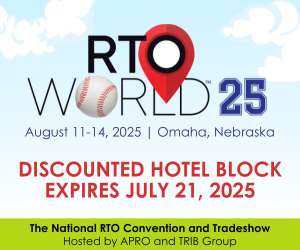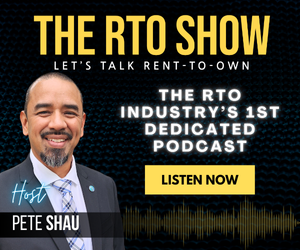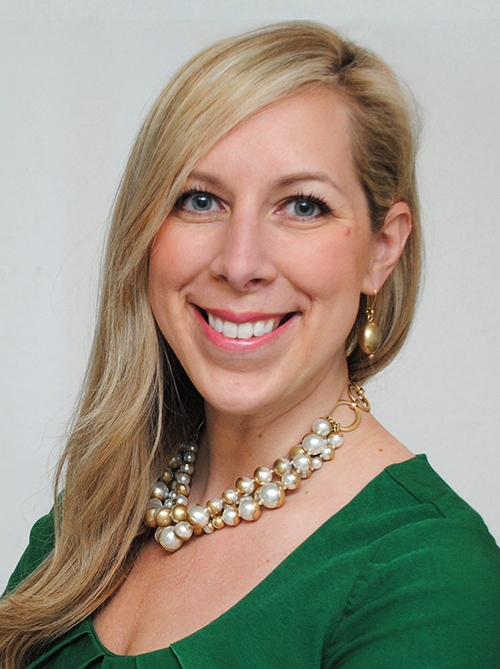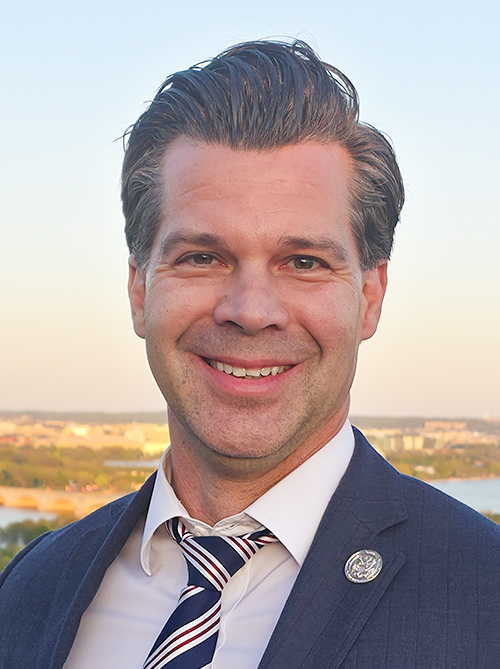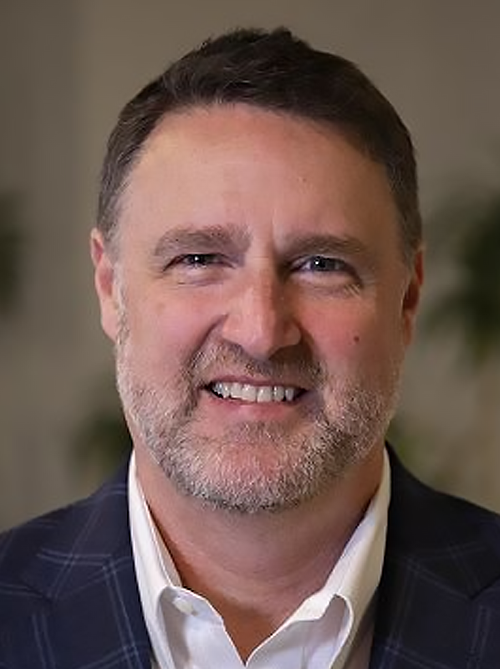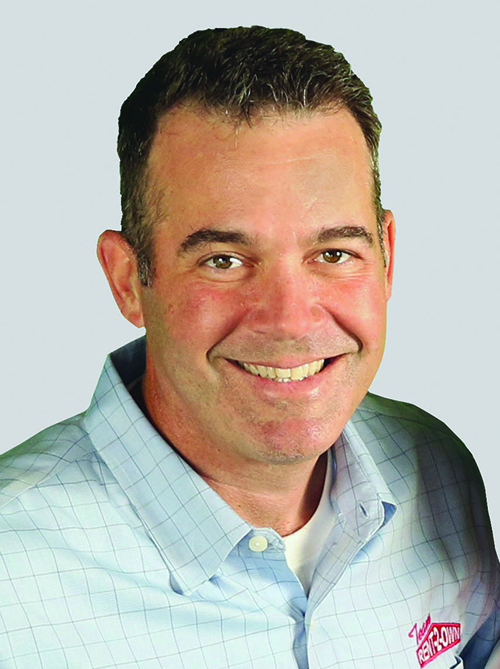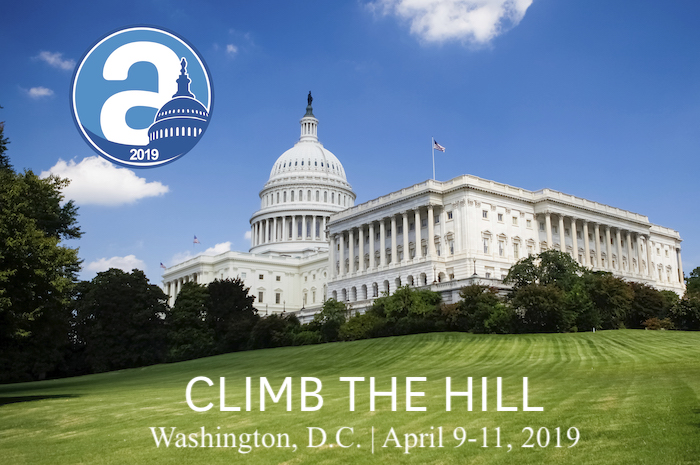
Only three weeks until we Climb The Hill! APRO’s 2019 Legislative Conference, scheduled for April 9-11 in Washington, D.C., is fast approaching and we need you to be a part of it! This is an important opportunity to share about the rent-to-own industry with the 100 new members of Congress and new committee chairs at our nation’s capital.
All of us know and appreciate the importance of a legislator who not only votes for our issues but actively supports our efforts. Oftentimes this person is the sponsor of our legislation or a member of a key appropriations committee. Sometimes these legislative friends align with our issue due to effective lobbying and sometimes due to personal experience. For whatever reason, we all know how critical these legislative friends are to success.
But unfortunately, even the most well-meaning and dedicated legislator is forced to pick and choose among the issues he or she supports and select those worthy of additional time and attention. This may be due to the volume of legislation, the daily press of time or just the politics of the process.
An example of the latter is what occurs in the making of an appropriations bill where an individual committee member has the ability to influence only a limited number of funding items during a process that often takes place outside the public light.
Under those circumstances, the individual legislator is forced to make a difficult choice as to which of several worthwhile projects or activities in which he or she believes should receive that stronger support.
It is in this context that strategies that increase the likelihood that legislators will champion your issue or cause are so important. Some of those strategies, set out as rules, are:
The Animal Farm Rule.
Like the pigs in the George Orwell novel, some legislators are more equal than others. And given that most organizations have limited resources, it is important to focus your resources on key legislators such as those that serve on key committees or those that have personal experience with your issues. This, of course, does not mean you ignore or do not solicit support from other legislators.
The Henry B. Gonzales Rule.
Former representative Gonzales was a long time member of Congress from Texas. He once said that there is a world of difference between someone being against you and someone
Echoing Ms. Helms comments, Alfred Gilchrist, Legislative Director for the Texas Medical Association, adds, “You should always be looking for ways to move a legislator up a grade. Sometimes, moving a legislator from a D to a C can be as critical to our success as moving one from a B to an A.”
The Winnie the Pooh Rule.
Like the A. A. Milne character, legislators love honey. And what is legislative honey? It
Strike While the Iron is Hot Rule
Simply put, this rule emphasizes not to wait until after the legislative session to thank those that helped you. And the key here is don’t just thank your sponsor or floor leader—look and look hard for things for which to thank other legislators for: a favorable vote in committee or on the floor, a quote in the newspaper, a comment during floor debate supportive of your position, or even taking time to meet with representatives of your organization are all worthy of a thank you letter. And don’t forget letters to the editor in the hometown papers. You may not think anyone reads those letters, but I promise you, most legislators do.
There is No Friend Like a Constituent Rule
Thank you letters from you are nice, but they can’t compare to the impact of a letter from a constituent. And if you don’t have supporters in a key legislator’s district, then make an effort to find some. There is simply no substitute for handwritten thank you letters from constituents. In fact, never underestimate the importance of constituents.
The Smith Barney Rule.
In a famous commercial for the stock brokerage company, the punch line was, “We make money the old fashioned way, we earn it.” Hometown media stories (earned media) of your organization’s local members honoring a legislator after a legislative session are far more valuable to that legislator than any paid political advertising. And legislators know that. So after each legislative session, make a list of your key legislators, find something they did during the session for which you can thank them, and then thank them.
You can do this at a local restaurant, your offices, or even someone’s home. Order a nice plaque or frame a resolution, send out press releases before the event, and invite your members and supporters. Ms. Helms did exactly that on the passage of the right to know legislation in California. “ They [our key legislative supporters] were excited to be honored and ‘beamed’ the entire time. And after one legislator met those attending the luncheon, she told me that she now had a better understanding of the beneficial impact of the legislation.”
Make sure you take pictures of the member receiving your award. If any local press show up, all the better. But in any event, make copies of the photo, write a second press release explaining what happened, and send it to every newspaper in the legislator’s district. In urban areas, the major newspaper may not publish it, but the chances are excellent that the weeklys and the suburban papers will. In addition, if you have an organization newsletter, run an article with a photo in it about the event.
If you don’t have a lot of experience working with the media, look to recruit a professional public relations person for your board that is willing to help with this effort or contact APRO. We can help coordinate!
One last thing, clip any articles that appear in these papers (and your newsletter) and send them to the legislator, thanking him or her again.
Final Thoughts.
A little thoughtfulness can go a long way in the legislative process. Just like the rest of us, legislators like to be recognized when their efforts make a positive difference in people’s lives. It is by this recognition that legislators will take a greater interest in your issues. As Ms. Helms said, “During our recognition banquet, as our honorees met more of our folks, each of them said to me ‘tell me how I can help you in the future’.”
©joe gagen. Used with permission.


